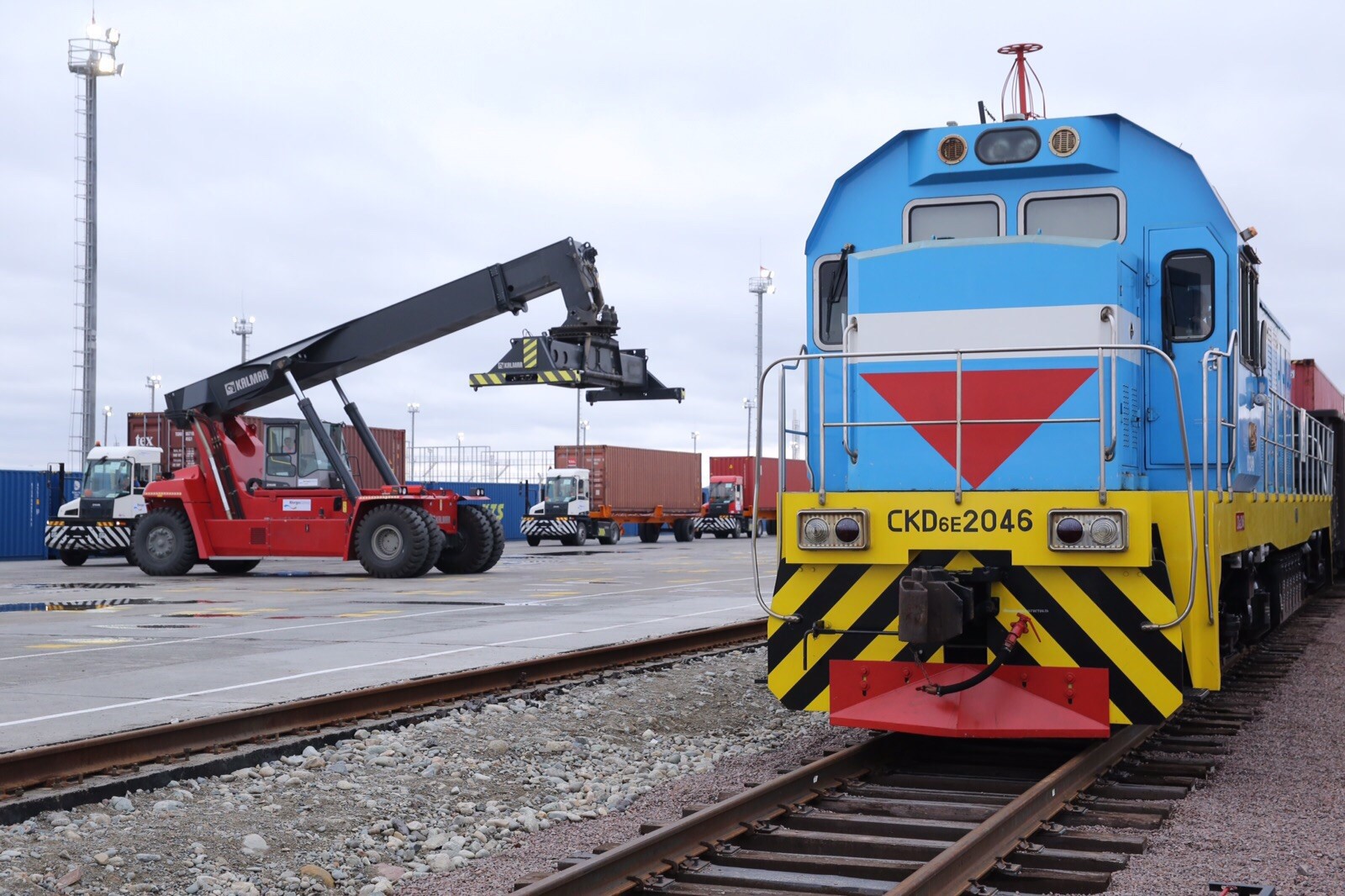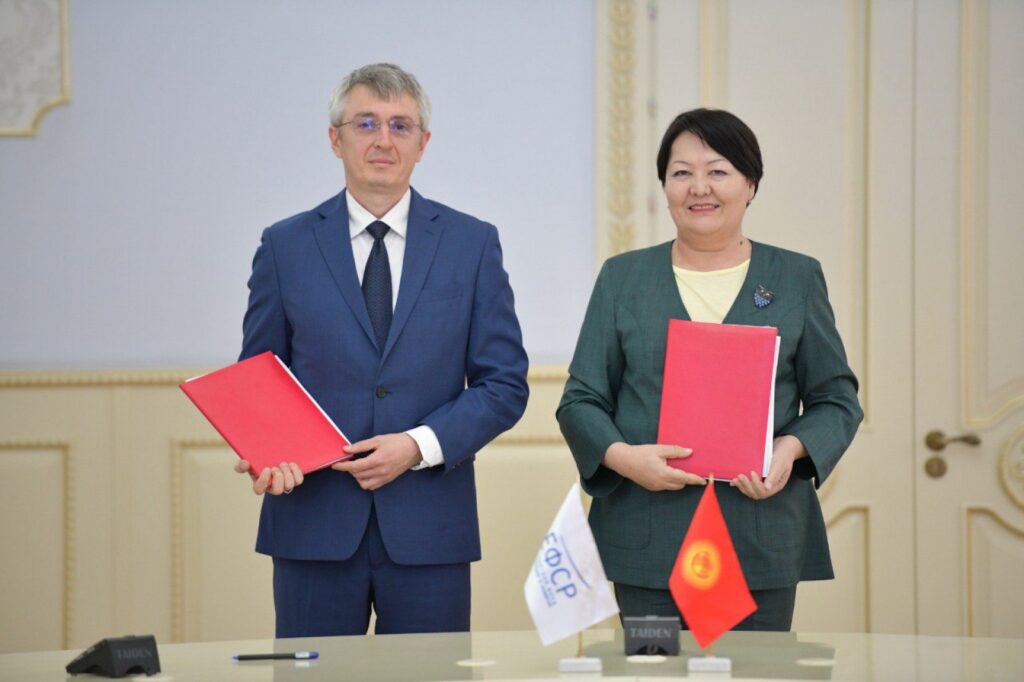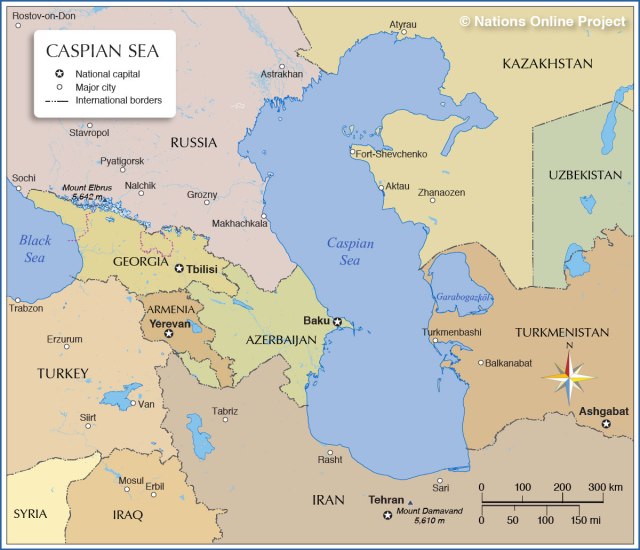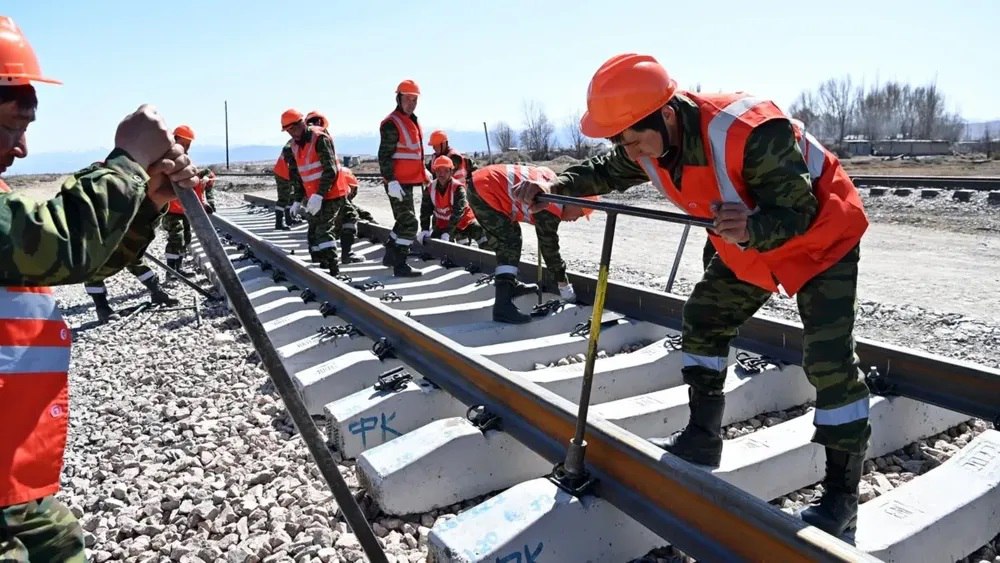ASTANA (TCA) — A regional meeting on harmonization of rules and regulations for facilitation of international rail transport was held on December 20 in Kazakhstan’s capital Astana under the auspices of the Economic and Social Commission for Asia and the Pacific (ESCAP) and the Committee and Organization for Co-operation between Railways (OSJD), the press office of Kazakhstan Railways national company (KTZ) said.
The meeting was attended by representatives of transport ministries, railways, customs services, as well as international organizations (OSCE, World Customs Organization, Turkic Council, Eurasian Economic Commission, International Railway Transport Committee, and Coordinating Council for Trans-Siberian Transportation).
In his welcome speech, the Director for Integration and Foreign Policy at KTZ Zhasulan Aliyev said that “in 2017, 25 years have passed since Kazakhstan joined ESCAP.”
For Kazakhstan and other Central Asian countries, which do not have access to the world’s oceans and international maritime routes, providing a simplified system of border crossing is an important factor in economic growth.
Dmitrii Potlov, Deputy Chairman of the Transport Committee of the Ministry of Foreign Affairs of Kazakhstan, also expressed his vision of development of cooperation with ESCAP and OSJD on the issues of barrier-free crossing of international borders.
The participating countries presented reports on measures to simplify procedures for rail transport at international border crossings.
Kanat Almagambetov, General Director of the Union of Transport and Logistics Organizations and Associations KAZLOGISTICS, spoke about the work to improve the logistics environment in Kazakhstan: reducing physical and non-physical barriers, digitalization of processes related to border crossing and cargo transportation.
According to Almagambetov, Kazakhstan Railways has improved the quality of transport and logistics services and the position of Kazakhstan in the International Logistics Rating by 11 positions in comparison with the results of 2014 — from 88 to 77 out of 160. This is the best indicator among the CIS countries.
The Customs Code of Kazakhstan has made changes in the part of reducing the number of documents provided during customs declaration. This system has already been implemented on the border with China.
As a result of the meeting, the Concept for Raising the Efficiency of railway border passes in the Trans-Asian Railway Network and beyond was adopted.
The document formulates conclusions and recommendations, and determines the next joint steps of the participating countries to improve the efficiency of border crossing by rail.









